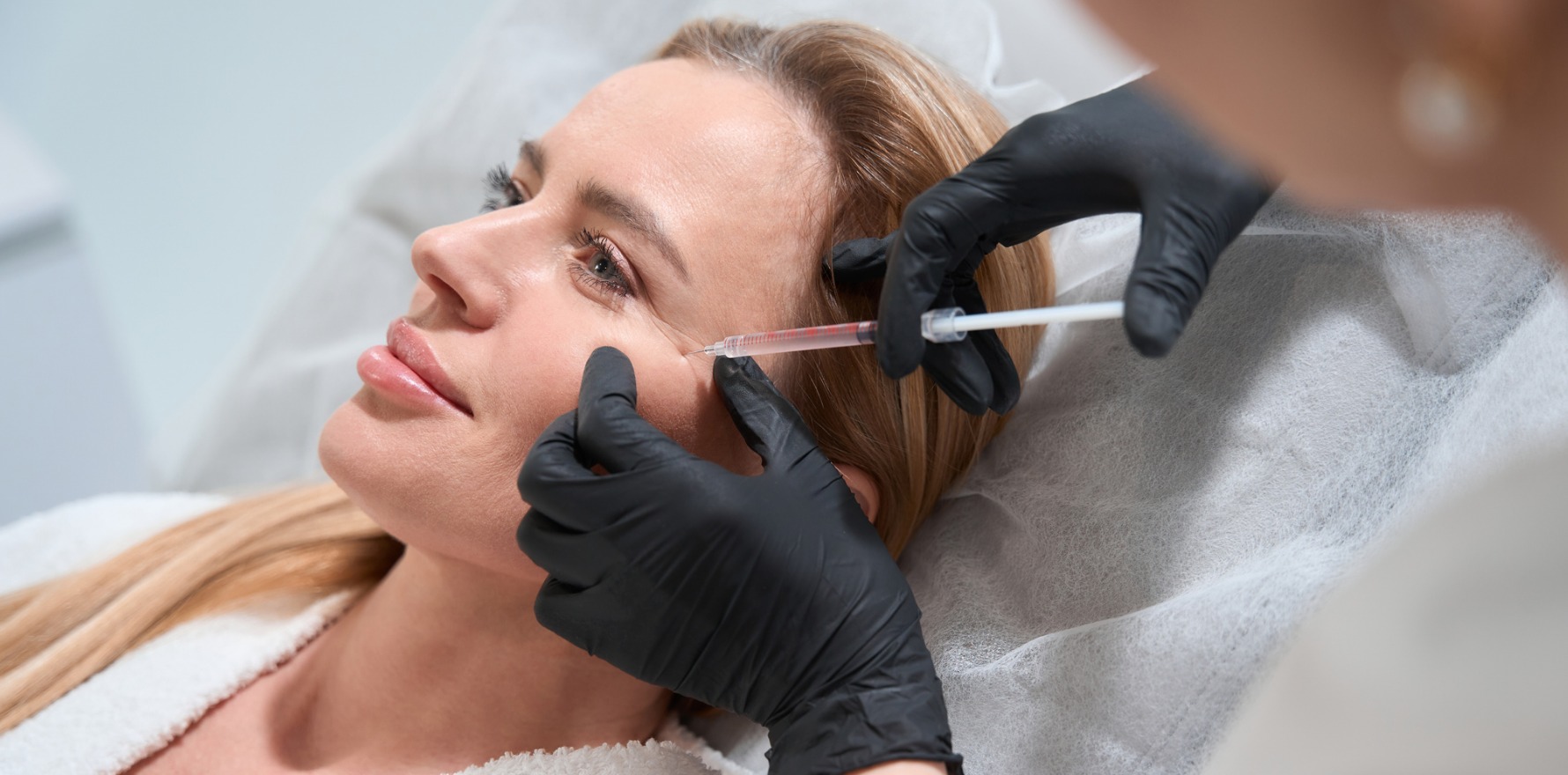Long years of training and a rigorous safety ethos are the norm in medicine, but are missing in this one speciality.
I’ve written before about receiving messages on social media from health professionals I’ve never met, asking me for help.
Often what they want is advice on how to get into aesthetics, or for me to mentor or train them, or for me to help them do a session on a loved one so they can learn to inject safely.
Their reasons for wanting this range from being able to offer an additional service to their patients to wanting to offer toxin and nothing more.
What has surprised me is the small number of younger doctors, either newly fellowed or trainee GPs, who reach out to ask for this kind of mentorship and advice.
I ignore most of these requests. But it came up again in a social media group on the weekend, where a junior doctor was advised by a GP who’s been in aesthetics more than a decade to wait till at least five years post-fellowship.
“Get good at being a doctor first before touching faces,” they said. And I concurred.
Which led to a healthy debate around competence. Specifically, in an industry that at present has a very low bar for entry (you have to be a minimally AHPRA-qualified nurse or doctor or dentist), who gets to determine competence?
The older and more jaded among us – registered nurses, GPs and dentists of 10+ years – were on the side of the importance of being a very competent, full-time health professional for some years before venturing into medical aesthetics. We noted the Dunning-Kruger effect, whereby when we are new we fail to recognise all the ways in which we don’t know what we don’t know.
My stance is that of a purist, not because I am trying to gatekeep but because I believe medical aesthetics, a speciality in its own right, has almost NO bar for entry at present.
Hairdressers and beauticians can do a two- to three-year nursing degree and set up their own clinics after a one-week course.
Many post-internship doctors go straight into aesthetics, bypassing speciality training.
Related
My dentist colleagues tell me that a dentist is not truly competent until about five years’ fulltime equivalent postgraduate experience.
All speciality training programs in medicine have a minimum of three years accredited training after a minimum of two years postgrad FTE experience. Procedural specialities i.e. surgical training positions, are usually twice as long.
Do we say to these fellows, “who determines competence?” We do not.
We accept and acknowledge that in order to be minimally competent and qualified, for the safety or our patients and ourselves, we need a bar for entry; a minimum standard of competency by way of assessments in non-procedural specialities, of which GP is one; and logbooks detailing all the procedures done for surgical specialities, including whether as assistant or primary operator, supervised or unsupervised.
And we have exams.
Many colleges have a maximum number of fail attempts after which a trainee, even after years on the program, is asked to leave.
All these hurdles place tremendous strain on relationships, families and our mental health, yet those who’ve been through it feel changed by the rigour of having done it, because in the process we come to appreciate the underlying ethos: safety above all else. In procedural work, we get one chance to do it right because revision is never going to be as good.
Why?
Medicine is all about pattern recognition. Whether surgical or non-surgical, it is about being exposed to enough numbers, doing enough repetitions, under supervision, and learning from mistakes safely that enables us to become competent as fellows.
This is in large part why medicine is a full-time degree with early introduction to placements, and why many speciality training programs have a full-time component and frown on part-time options, notably the surgical ones.
It’s the repetitions that build basic competence and the colleges that decide what that minimal competence looks like.
Someone inserting one IUD a week for 10 years is not going to be equivalent to someone doing them all day three to four days a week for six years. Not by a long shot.
It’s well known in surgical circles that if our numbers of procedures drop below a certain number annually, we should stop doing them because the risk now outweighs the skill and mistakes may be indefensible.
So it is funny to me when people question how competence is determined.
Hairdressers have a mandatory apprenticeship of a year or two fulltime to work independently. Yet doctors, nurses and dentists, in medical aesthetics, it seems, can decide for ourselves what competence looks like – by doing two- to five-day courses on using injectables that take us from “beginner to expert”; by joining Facebook and other groups set up to ask advice of each other (other medical groups do this too and it is frowned upon by MDOs).
By asking help of other people further down the line, who may or may not be placed to supervise and mentor because there is no one at present to determine what competence looks like.
In general practice, if I get pulled up by AHPRA over a complaint, peer GPs will be asked whether what I did was reasonable and whether the outcome was due to negligence, incompetence or sheer bad luck.
Likewise in surgery. A FRACS, FRANZCOG or FRCO is asked about competence vs luck.
Who is going to do that in aesthetics if there is a patient complaint? For nurses, doctors and dentists? And what will that look like?
When people in an industry have no recognised qualification to vouch for themselves and a bare minimum standard of practice, we are all standing on shifting sand, hoping our echo chamber is enough if there is trouble.
Beyond “who determines competence?” I have a series of questions:
- In order to be safe, how many years postgrad (in general nursing, medicine, dentistry) do I need to be before considering entirely private and entirely elective blind procedures on people?
- Am I aware, as a junior healthcare professional, of what I don’t know?
- Am I aware of the ethical implications of the work I am doing?
- Am I aware of the difference between treating disease, for which people are usually grateful, and desired outcomes for which people often have unrealistic expectations?
- Am I prepared to deal with fallout if something unexpected happens?
- Is my supervisor someone actually experienced and qualified and what proof do I have of this?
- Do I know how to conduct a consultation, including how to screen for body dysmorphic disorder?
- If something goes awry, am I confident that I can recognise it and get help appropriately?
To suggest that competence is something we can self-determine is, to me, like deciding we don’t need to be regulated by AHPRA and the TGA because we know we are good practitioners and don’t need oversight.
As humans we all have blindspots as to our own limitations. It is why we are discouraged from self-prescribing, why we are discouraged from treating loved ones.
To suggest that practitioners ought to be the ones deciding when they are competent is to suggest all the safety measures currently in place across every speciality except medical aesthetics are wrong.
I, for one, vehemently disagree.
Dr Imaan Joshi is a Sydney GP; she tweets @imaanjoshi.





